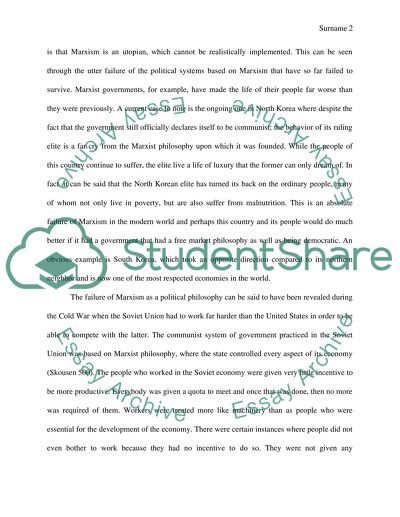Cite this document
(“Objectives against Marxism Essay Example | Topics and Well Written Essays - 1000 words”, n.d.)
Objectives against Marxism Essay Example | Topics and Well Written Essays - 1000 words. Retrieved from https://studentshare.org/history/1470908-objectives-against-marxism
Objectives against Marxism Essay Example | Topics and Well Written Essays - 1000 words. Retrieved from https://studentshare.org/history/1470908-objectives-against-marxism
(Objectives Against Marxism Essay Example | Topics and Well Written Essays - 1000 Words)
Objectives Against Marxism Essay Example | Topics and Well Written Essays - 1000 Words. https://studentshare.org/history/1470908-objectives-against-marxism.
Objectives Against Marxism Essay Example | Topics and Well Written Essays - 1000 Words. https://studentshare.org/history/1470908-objectives-against-marxism.
“Objectives Against Marxism Essay Example | Topics and Well Written Essays - 1000 Words”, n.d. https://studentshare.org/history/1470908-objectives-against-marxism.


